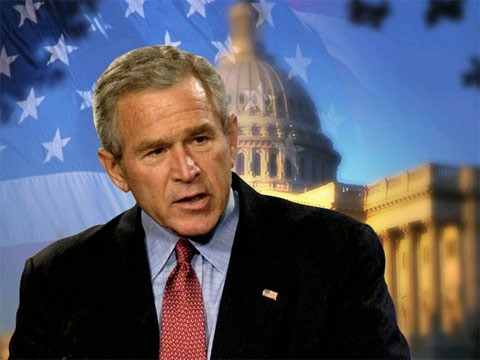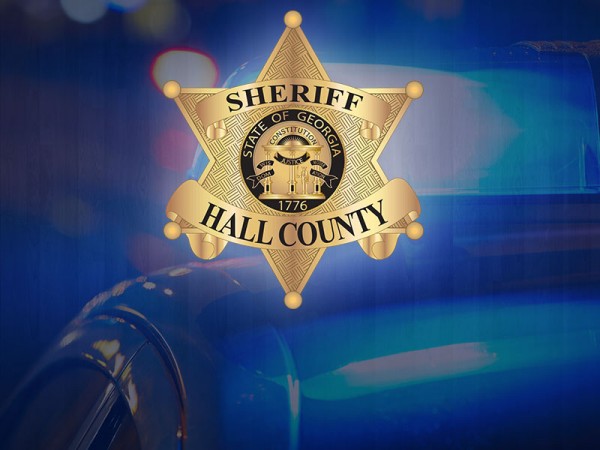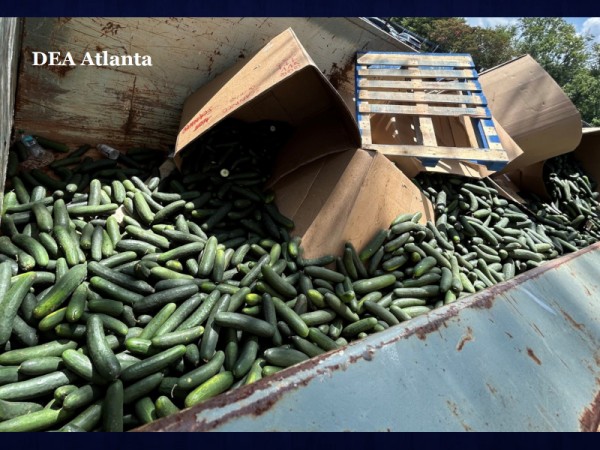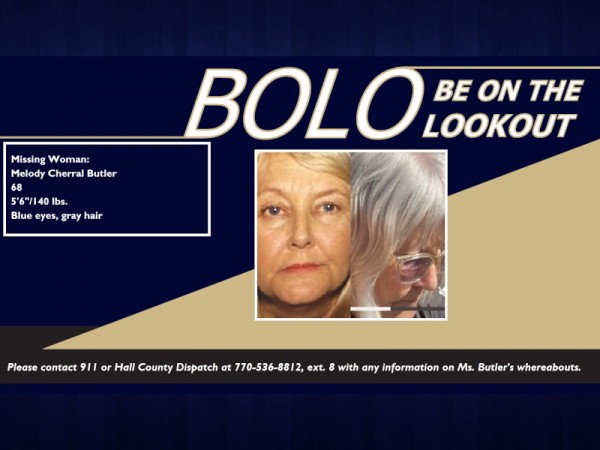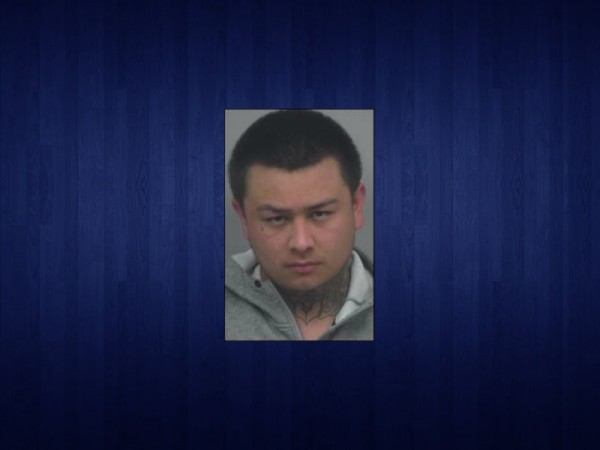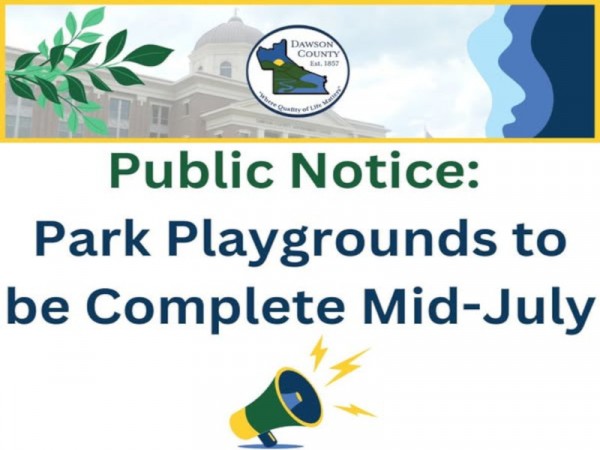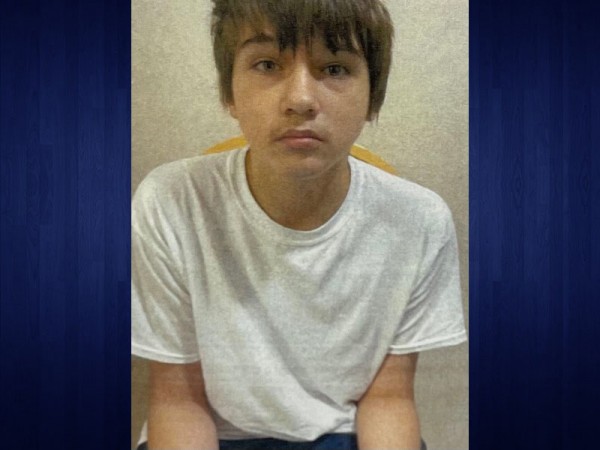WASHINGTON - President Bush said Friday that extensive federal intervention in financial markets was both warranted and essential to halt the worst financial crisis in decades and that the risk "of not acting would be far higher."
"America's economy is facing unprecedented challenges. We're responding with unprecedented measures," Bush declared, standing in the White House Rose Garden with Treasury Secretary Henry Paulson, Federal Reserve Chairman Ben Bernanke and Christopher Cox, chairman of the Securities and Exchange Commission.
"This is a pivotal moment for America's economy," Bush said. He said that a financial contagion that began with low-quality home mortgages had "spread throughout our financial system."
"This has led to an erosion of confidence that has frozen many financial transactions including loans to consumers and to businesses seeking to expand and create jobs," Bush said.
"As a result we must act now to protect our nation's economic health from serious risk. There will be ample opportunity to debate the origins of this problem. Now is the time to solve it."
He said steps being envisioned by the administration - which Paulson said earlier Friday could entail "hundreds of billions" of dollars - were not without risk.
"These measures will require us to put a significant amount of taxpayer dollars on the line. This action does entail risk, but we expect that this money will eventually be paid back," Bush said.
"The risk ... of not acting would be far higher. Further stress on our financial markets would cause massive job losses, devastate retirement accounts and further erode housing values, as well as dry up loans for new homes and cars and college tuitions. These are risks that America cannot afford to take."
"Our system of free enterprise rests on the conviction that the federal government should interfere in the marketplace only when necessary. Given the precarious state of today's financial markets, and their vital importance to the daily lives of the American people, government intervention is not only warranted, it is essential," Bush.
The president appeared to go out of his way to reassure Americans that money in traditional checking accounts, savings accounts and certificates of deposit were not at risk.
"In this difficult time, I know many Americans are wondering about the security of their finances. Every American should know that the federal government continues to enforce laws and regulations protecting your money."
He noted that, through the Federal Deposit Insurance Company, "every savings account, checking account and certificate of deposit is insured by the federal government for up to $100,000. The FDIC has been in existence for 75 years, and no one has ever lost a penny on an insured deposit, and this will not change."
Bush said that "the vast majority of assets the government is planning to purchase have good value over time because the vast majority of homeowners continue to pay their mortgages.
It was the third time this week that Bush had spoken on the financial crisis in an effort to calm jittery consumers and markets.
He pledged to work with the Democratic-controlled Congress on a systemwide proposal to improve the health of U.S. financial institutions.
At the same time, he warned Democratic leaders against adding "controversial provisions" to the rescue package "that could delay action.
"This is not a time for partisanship," Bush said.
He spoke after the administration said it would safeguard assets in money market mutual funds and temporarily banned short-selling of financial company stocks, a trading technique that bets on stocks declining in value. The Treasury Department has asked Congress to give it sweeping power to buy up toxic debt that has nearly paralyzed Wall Street.
Bush also has authorized Treasury to tap up to $50 billion from a Depression-era fund to insure the holdings of eligible money market mutual funds. And the Federal Reserve announced it will expand its emergency lending program to help support the $2 trillion in assets of the funds.
Bush spoke in unusually stark terms about what he called the "unprecedented challenges" facing the economy and the risks to ordinary Americans - not just Wall Street - of not acting.
He said "the gears of our financial system ... were at risk of grinding to a halt."
Wednesday
July 2nd, 2025
5:19PM


